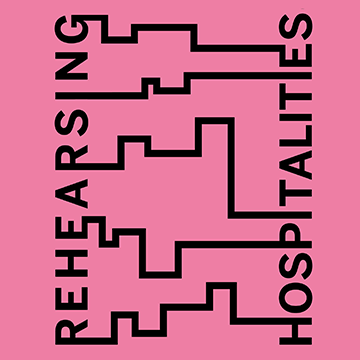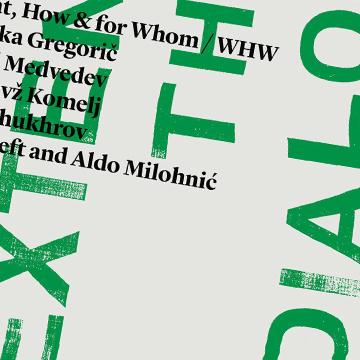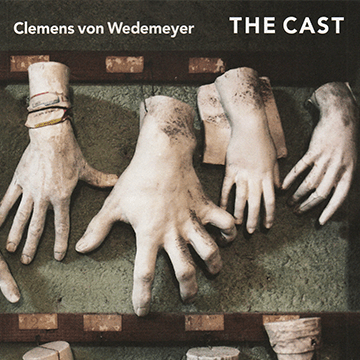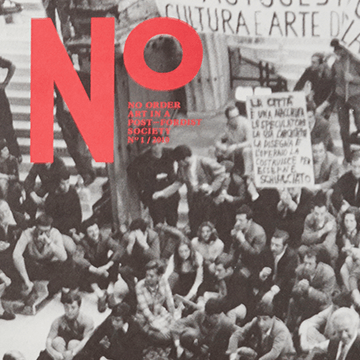Rehearsing Hospitalities Companion 4 asks what the possibilities and limitations of hospitality are. Should we instead be turning towards “rehearsing” redistribution?
This publication points towards the vast ways our lives and worlds could be organised through less hierarchical, extractive, and exploitative practices: with more love afforded to ourselves, one another, and our more-than-human kin.




